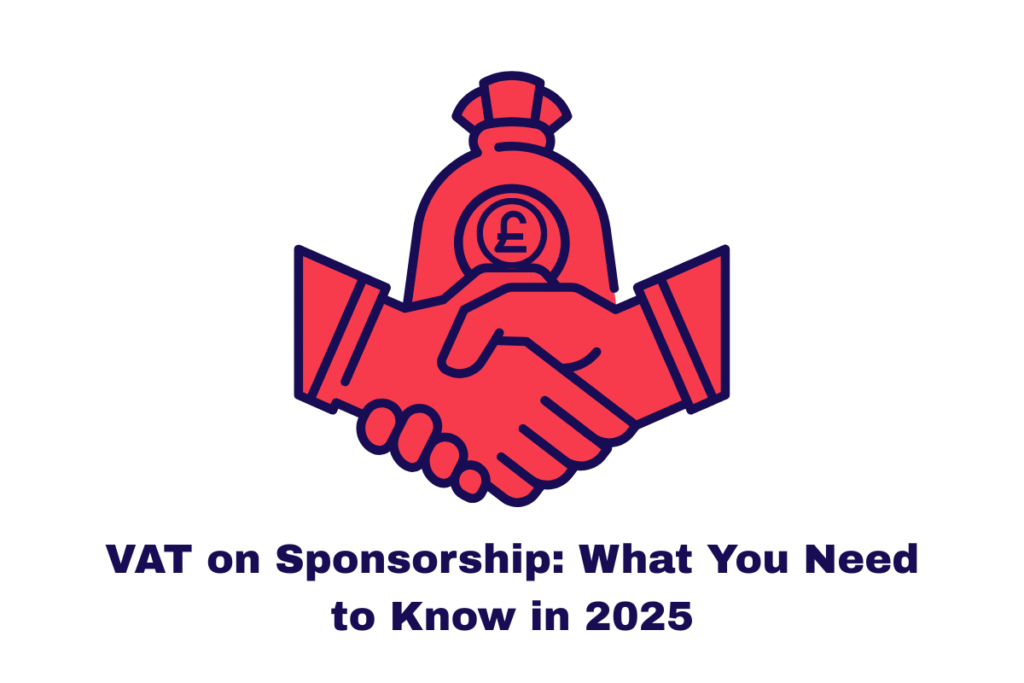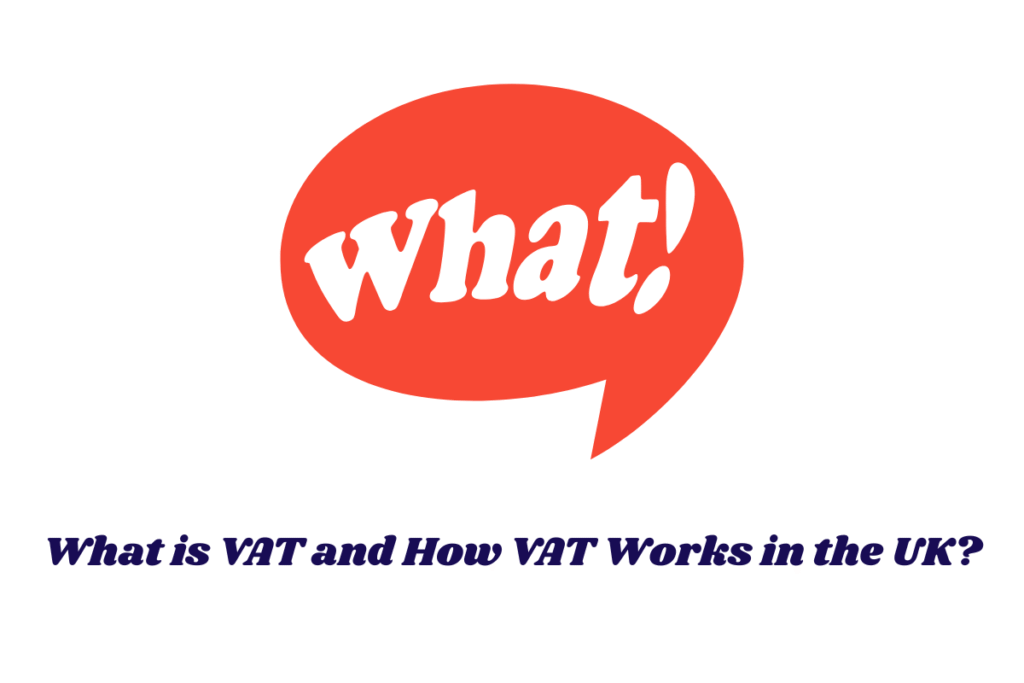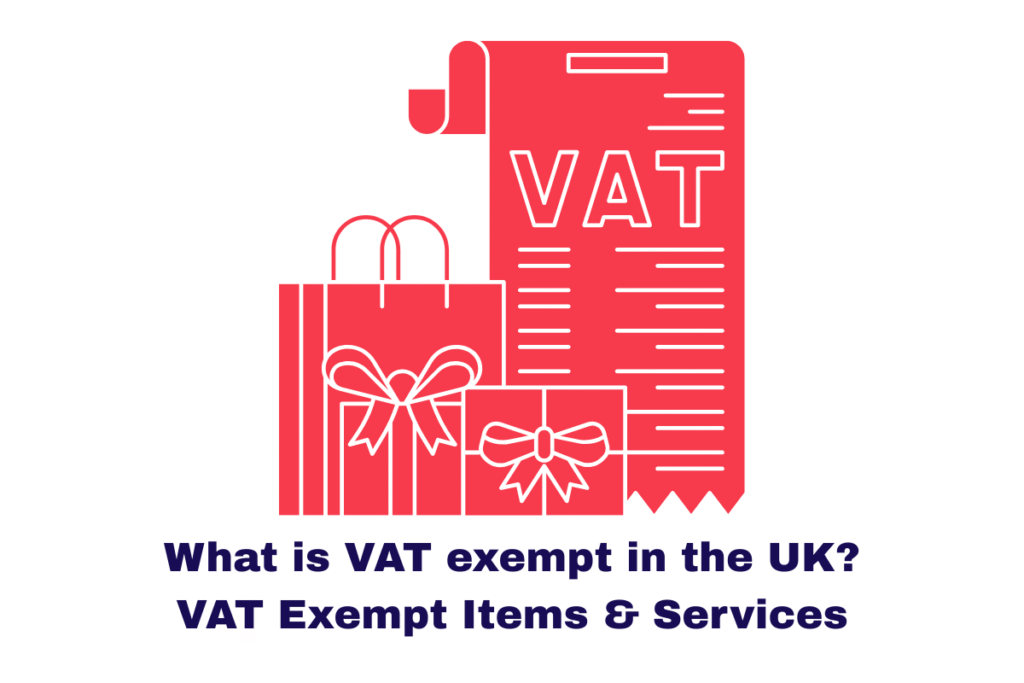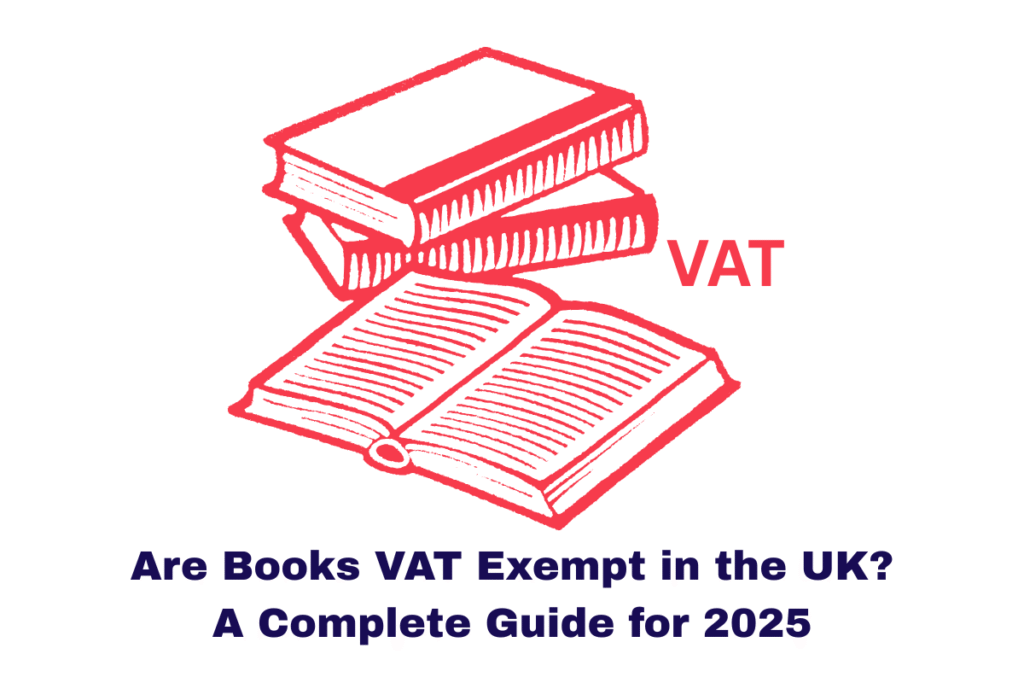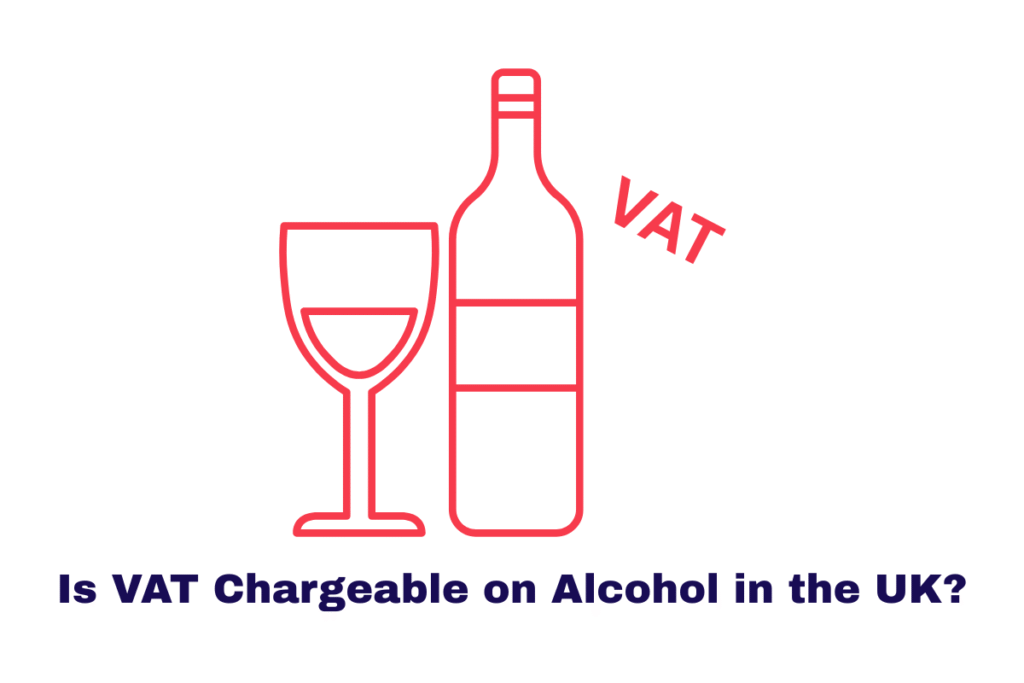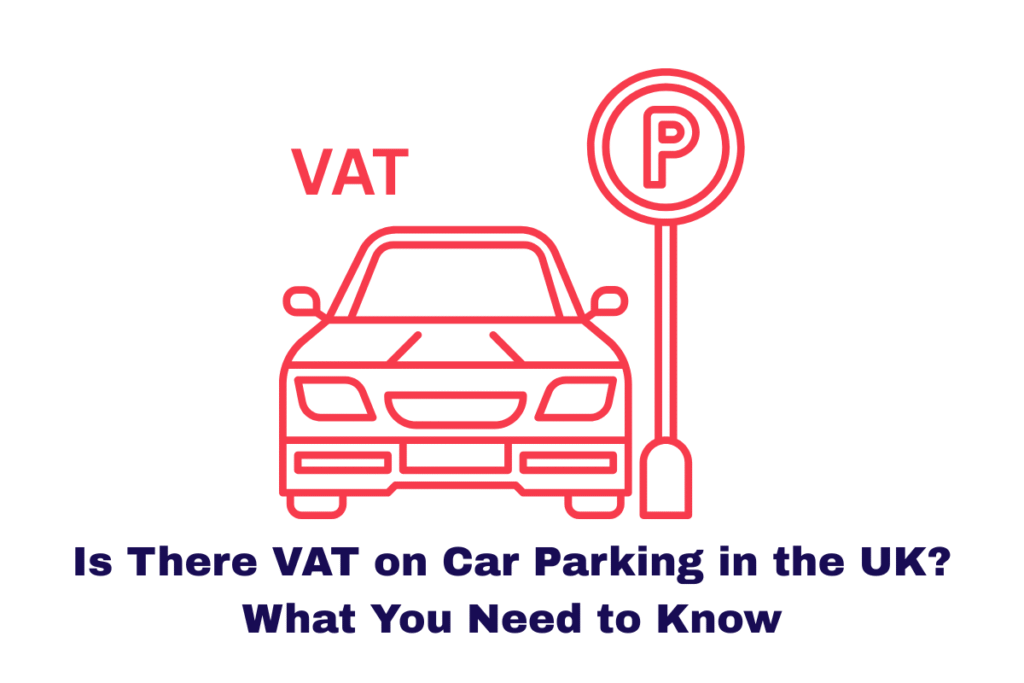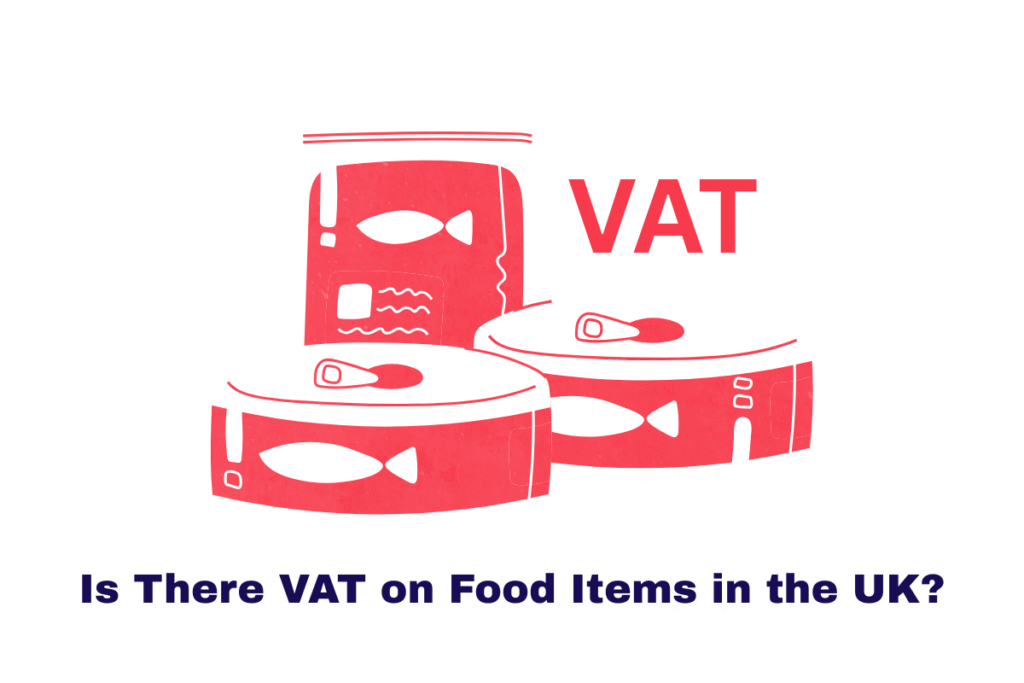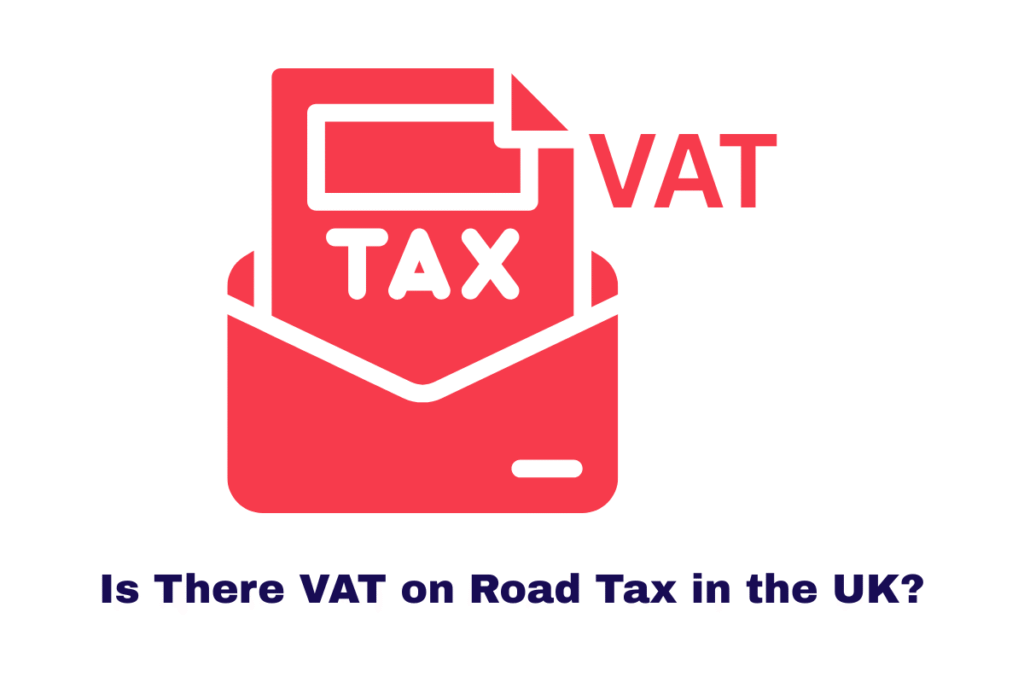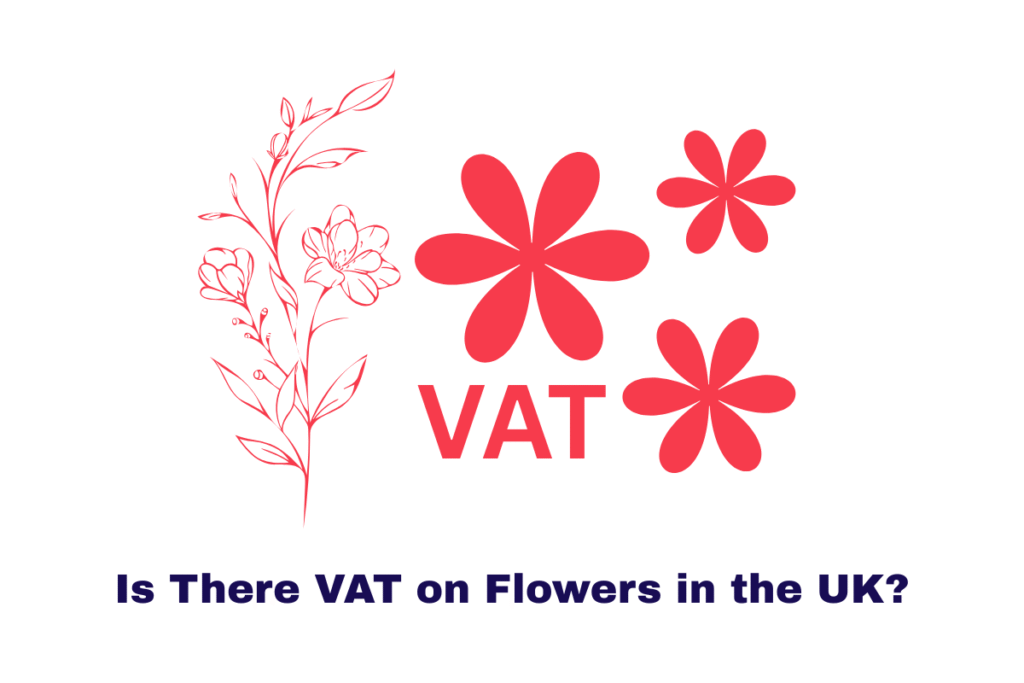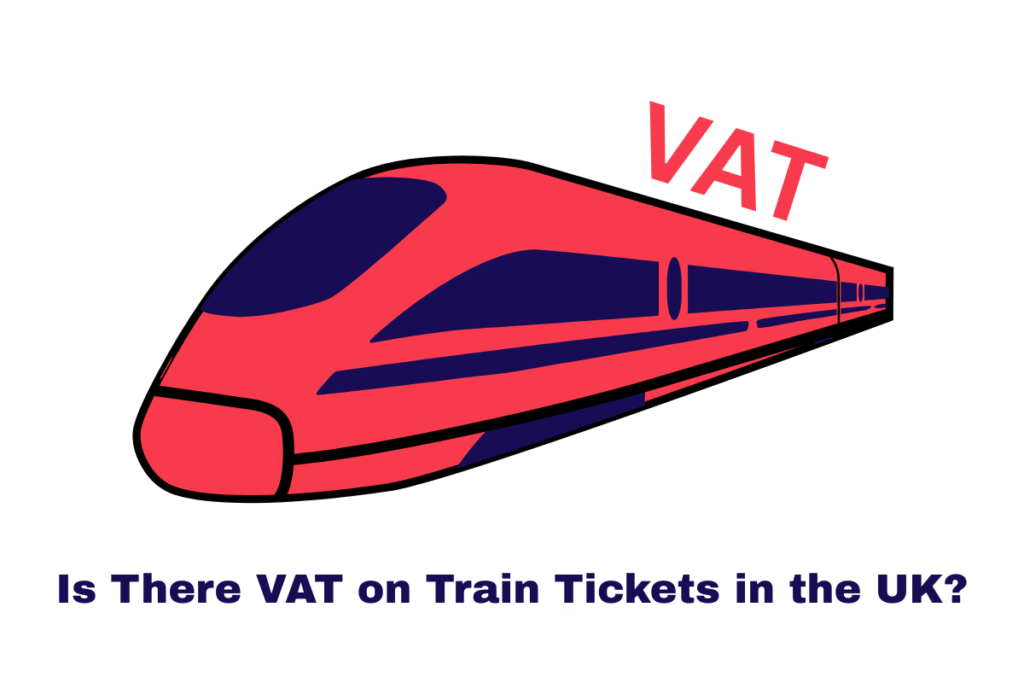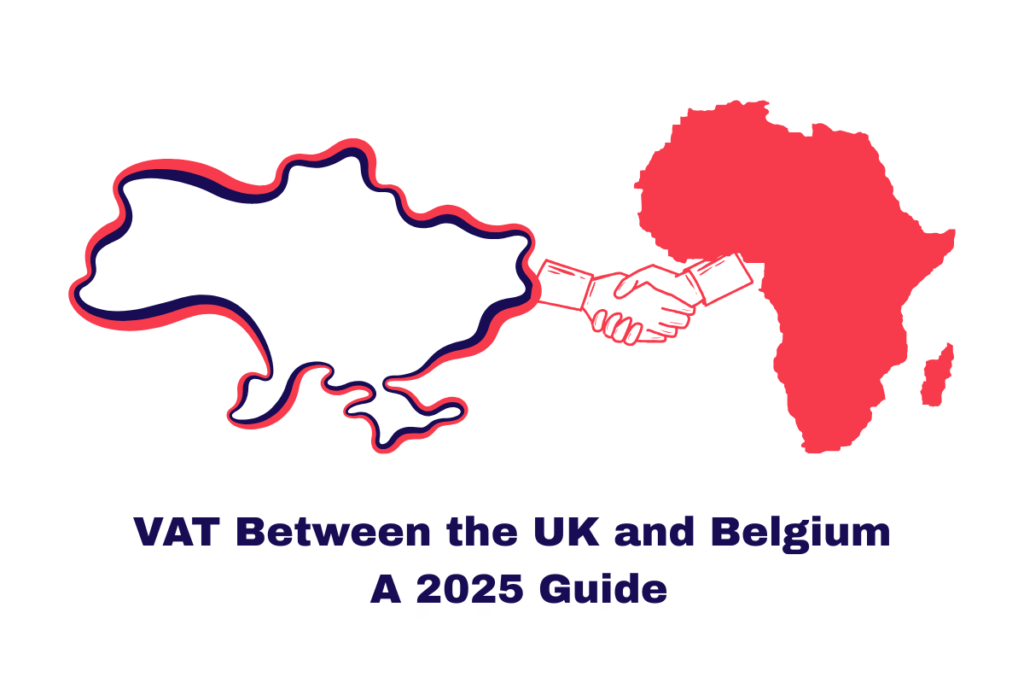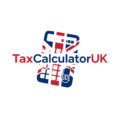If you’ve ever offered money or goods to a charity, local club, or community project, you’ve likely wondered: Can I reclaim VAT on sponsorship? As a qualified tax advisor in the UK, I’ve helped countless businesses understand how VAT on sponsorship works, especially after HMRC’s updated guidance. And I know—it can feel confusing at first.
In this blog, I’ll break it down in simple terms, using real examples and current HMRC guidelines. We’ll look at what qualifies as a donation, what counts as sponsorship, and—most importantly—when VAT can be reclaimed.
What Is Sponsorship in VAT Terms?
According to HMRC, sponsorship involves a business providing financial support, goods, or services to an individual or organisation in return for publicity, marketing, or other commercial benefit. This creates a business transaction and is therefore within the scope of VAT.
As a sponsor, you are usually entitled to reclaim input VAT—but only if your business is VAT-registered and the expenditure supports VAT-taxable sales. More about this is outlined in VAT Notice 701/41: Sponsorship.
Donations vs Sponsorship: Why the Difference Matters
Donations, on the other hand, are freely given without expecting anything in return. These are outside the scope of VAT and do not entitle you to reclaim VAT on any goods or services given.
If you’re supplying branded shirts to a local football team just to support them—without any advertising benefit—HMRC considers that a donation, and VAT is not reclaimable.
But if the team adds your company’s logo to their kit in return, and your brand is promoted, you’re entering sponsorship territory—where VAT comes into play.
Read Our more Detailed Guides on VAT:
Is There VAT on Flowers in the UK?
How to Find VAT Number of a Business?
Is VAT Chargeable on Alcohol in the UK?
Is There VAT on Car Parking in the UK?
VAT on Sponsorship Explained
So, when can you claim VAT on sponsorship?
✔️ If your business is VAT-registered
✔️ If the goods/services provided are linked to taxable business activity
✔️ If the recipient is giving you a measurable commercial benefit in return
For example:
- Advertising your brand in event brochures
- Displaying your banner at a charity fundraiser
- Having your logo featured on a charity’s website
In such cases, the payment or goods provided are considered part of a VATable supply, allowing input tax to be reclaimed.
Source: HMRC VAT Input Tax Manual – VATGPB8490
Understanding HMRC’s 2019 Update
In May 2019, HMRC clarified its stance on sponsorship and donations. It emphasised that if part of a payment is for sponsorship and another for donation, businesses can allocate and separate the values accordingly.
This means:
- Only the sponsorship element is subject to VAT.
- The donation part remains VAT-free.
This helps businesses reduce their VAT costs and maintain clear accounting. But remember—documentation must clearly show the split between the two.
HMRC guidance: Revenue & Customs Brief 5 (2019)
Real-Life Example: Sponsorship or Donation?
Let’s say your business donates £3,000 to a local charity. There’s no VAT registration on the charity’s end and no commercial benefit received—this counts as a pure donation. No VAT to reclaim.
Now let’s adjust it: you donate the same £3,000, but the charity displays your banner at a public event and tags you on social media. HMRC will now treat this as sponsorship, allowing VAT to be reclaimed, assuming your invoices include VAT and your business is VAT-registered.
In either case, documentation is key. Always get a formal agreement and break down what the payment covers.
Separate Arrangements and Their VAT Impact
HMRC strongly recommends setting up separate arrangements if you plan to make both a donation and a sponsorship payment.
Why?
Because if your payments are bundled together, and it’s unclear how much was for advertising vs goodwill, HMRC may treat the entire amount as sponsorship, attracting full VAT.
To avoid this:
- Maintain two separate invoices
- Keep clear records
- Use different bank references for each payment
- Clearly define the commercial return
This is especially important if your charity partner receives Gift Aid, which is only applicable to donations—not sponsorships.
Key Takeaways
Here’s what I always advise my clients:
✅ Reclaiming VAT on sponsorship is possible—if there’s a commercial return
✅ Pure donations are outside VAT scope and not reclaimable
✅ Always separate sponsorship from donations in paperwork
✅ Keep full documentation for HMRC compliance
✅ Check that the recipient is VAT-registered if services are being provided in return
Need help calculating your VAT savings?
Final Thoughts about VAT on Sponsorhsip
Understanding VAT on sponsorship doesn’t have to be a tax headache. The key is knowing whether you’re receiving any commercial benefit and making sure your records are bulletproof.
If you’re unsure whether your payment is a donation or sponsorship—or how to structure it to benefit your VAT position—get in touch. At taxcalculatorsuk.co.uk, we specialise in practical, compliant tax planning for UK businesses of all sizes.
Let’s simplify VAT together.
📞 Book a Call Now to speak with a certified UK tax advisor.
Sources & References
- HMRC VAT Notice 701/41 – Sponsorship
- HMRC VAT Input Tax Manual – VATGPB8490
- Revenue & Customs Brief 5 (2019)
- Charity Tax Group – VAT Guidance
The content provided on TaxCalculatorsUK, including our blog and articles, is for general informational purposes only and does not constitute financial, accounting, or legal advice.
You can also visit HMRC’s official website for more in-depth information about the topic.
